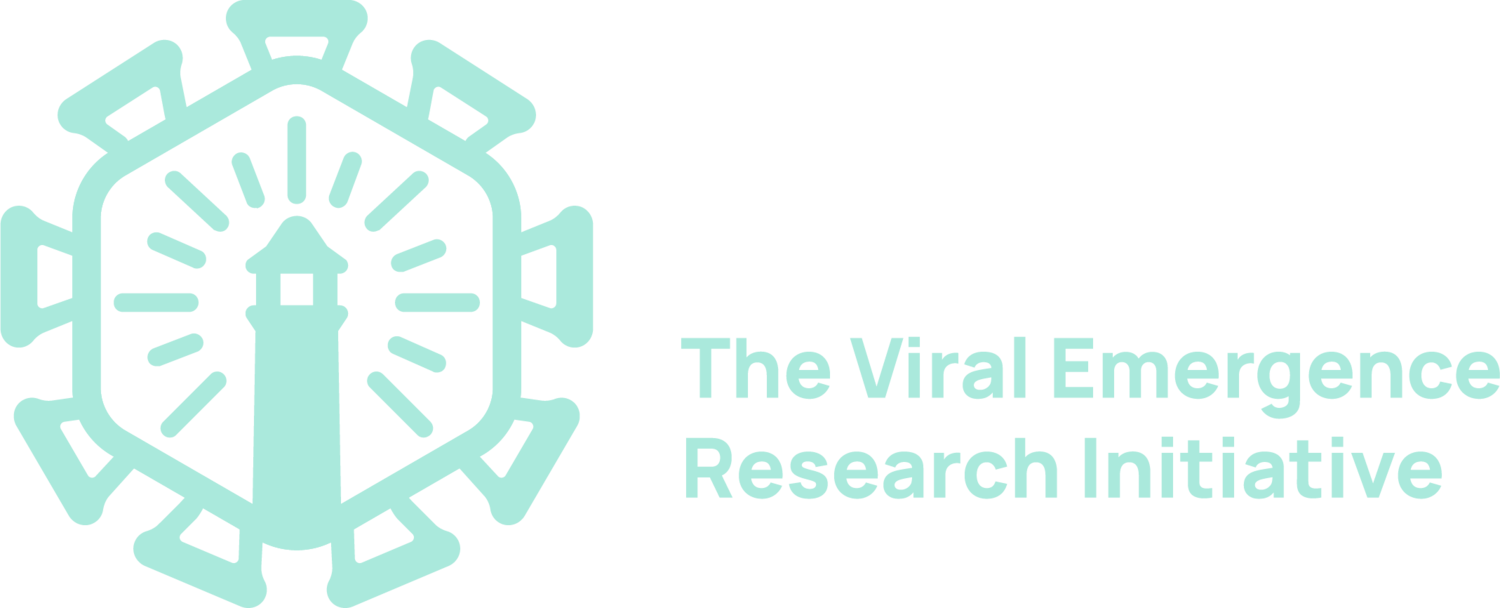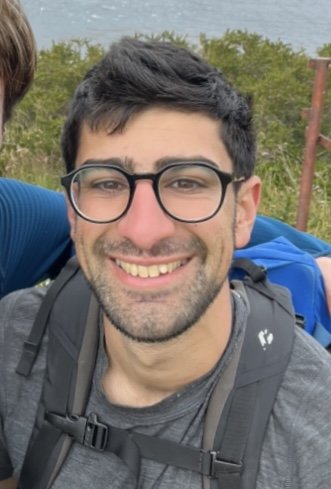
Grants
Fellow-in-Residence Awards
The Fellows-in-Residence Award is a competitive small fellowship ($5,000) for advanced Ph.D. students and postdoctoral fellows. Fellows are invited to participate in the Institute for a minimum of six months, and up to a year, taking advantage of team resources and expertise, as well as networking and training opportunities for early career researchers.
Funded Projects
Dr. Touseef Ahmed
The role of heat stress in viral shedding and environmental transmission in Pteropus bat roosts in Pakistan
Project expectations
Projects must be co-developed with a team Investigator.
Projects should be able to lead to at least one peer-reviewed publication. (Publishing and open access fees will be covered by the Verena program.)
Projects are encouraged to have a strong modeling or experimental component that builds on existing team research projects or advances our goal of biology integration. Projects are also encouraged to take advantage of existing open source datasets, on- (e.g., VIRION) or off-team (e.g., GBIF).
Projects are expected to adhere to the same open science standards as other Verena projects: publications should be shared on a preprint server when submitted to a journal; all code and data should be shared; and where appropriate, data should be deposited in Verena repositories (e.g., Pharos).
Fellows are expected to attend team activities (e.g., monthly seminars) and are encouraged to develop additional collaborations around the team.
Preparing your proposal
Application packets should be emailed to viralemergence [at] gmail [dot] com:
A brief (~1 page single space) project proposal that describes methodology, expected outputs, and the proposed faculty mentor;
An up-to-date CV (no page limit); and
Optionally: a letter of support from the trainee’s direct supervisor.
Applications are now being accepted on a rolling basis!
Reach out to one of our team investigators to get started.
Q: What does “In-Residence” mean? Do I have to move for this fellowship?
A: Our team is spread out across many countries and time zones, and most of our work is done remotely online. Therefore, these fellowships are intended to be able to be done remotely and we do not expect that you will relocate to work with your fellowship mentor. That being said, we do not prohibit you from going to do work with your mentor if you both decide that it would be helpful or beneficial for your project.
Q: What do you mean by co-development of the project?
A: We expect that applicants will contact a Verena team investigator with whom they are interested in working, and then go through an iterative process of discussing and designing a project together. This will look different for each applicant but we do expect that the selected team investigator will, at a minimum, have read and signed off on the project proposal before it is submitted.
Q: When is the application deadline?
A: We are now accepting applications on a rolling basis. When you have an idea for a project or identify an investigator that you’d like to work with, you can reach out to them as soon as you’re ready to get the co-development process started.
Q: I have a question that’s not addressed on this page, who can I ask?
A: You can reach out to our Managing Director, Zoe O’Donoghue, at zoe[dot]odonoghue[at]yale[dot]com with any questions you may have.
Briana Betke
Anthropogenic roosting and viral richness in bats
Dr. Daniel Hartman
Diurnal temperature fluctuations and West Nile virus evolution
Dr. Lambodhar Damodaran
Estimating the incidence of canine influenza viruses using compartmental and phylodynamic models
Samantha Sambado
Linking ecosystems to genes: ecological niches of tick-borne pathogens
Dr. David Simons
Ecological, geographic and molecular drivers of cross species transmission of arena- and hantaviruses
Sarah Gurev
Predicting viral public epitope selective pressures from host germline antibody interactions
How to apply:
Frequently Asked Questions:
Maya Juman
Trait-based modeling of bat-paramyxovirus associations and empirical testing in museum collections
Natalie Olson
Investigating industrial logging and mining as potential drivers of zoonotic mpox spillover in the Congo Basin
Benjamin Kaza
Machine learning to identify deep feature signatures of pathogenic viral infection in high dimensional datasets










